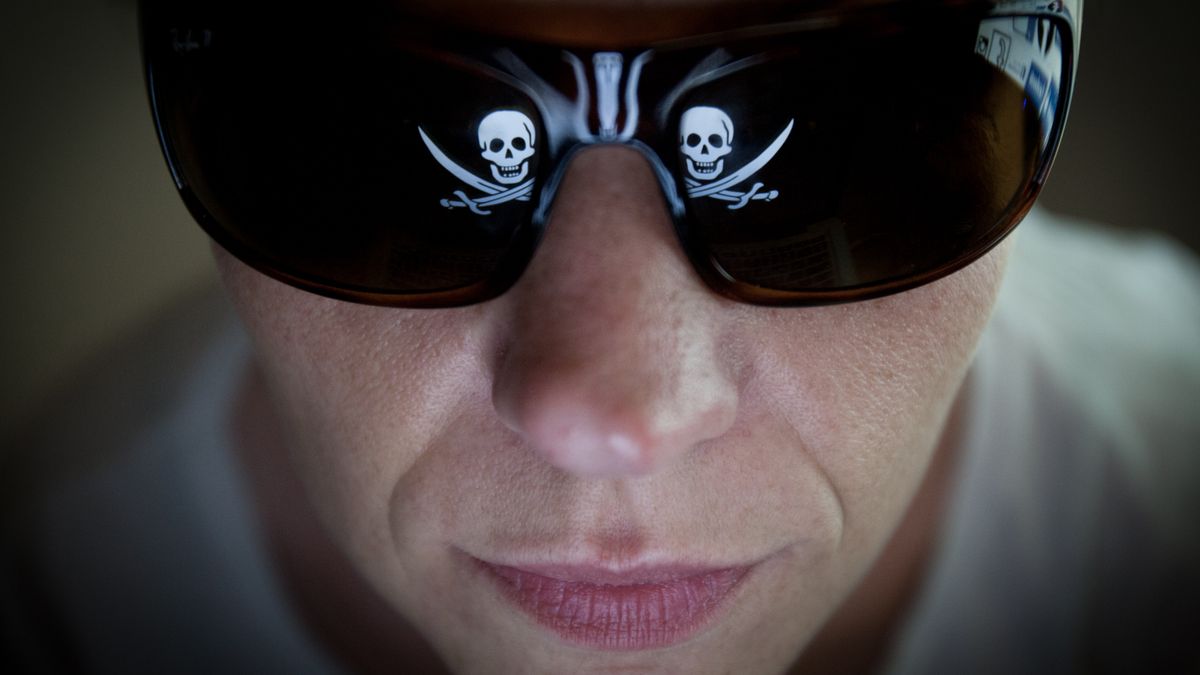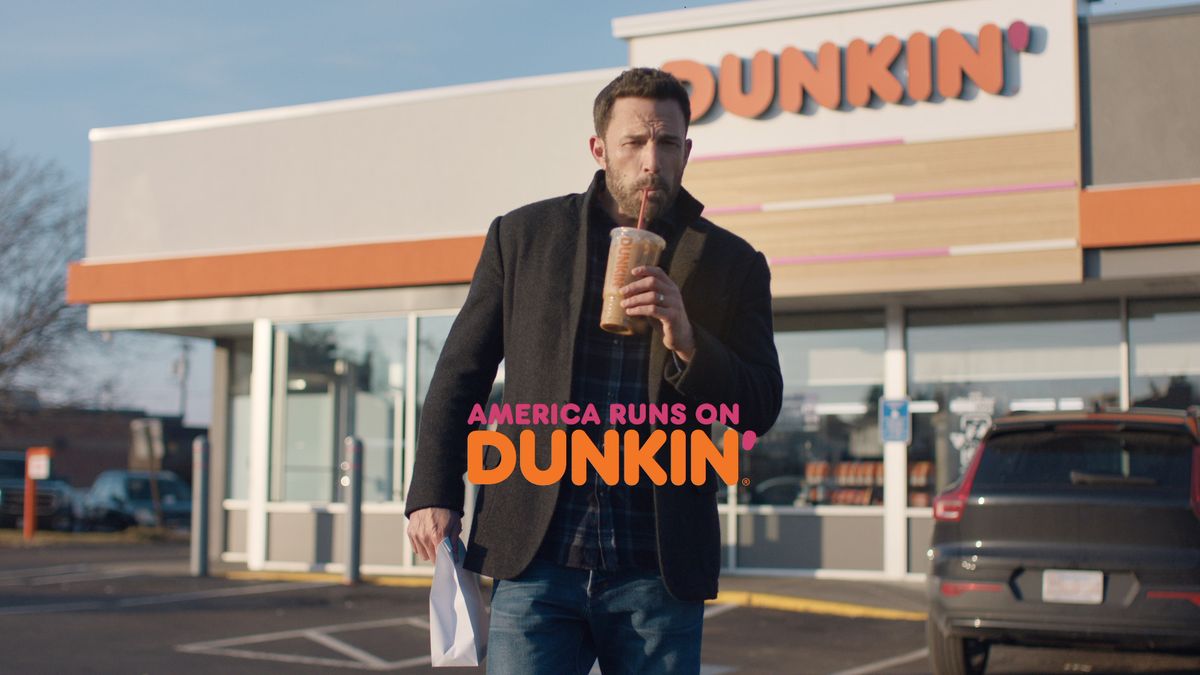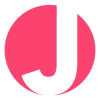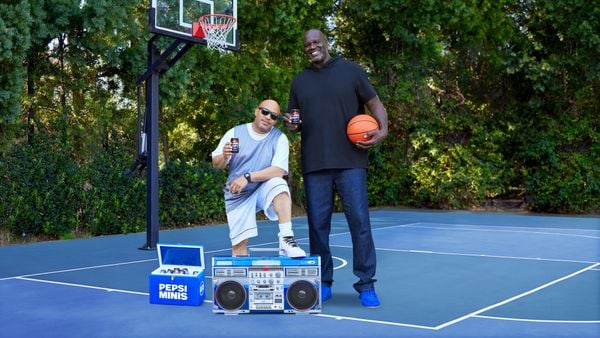Correction: A previous version of this story inadvertently left out fraud prevention firm Pixalate's role in helping uncover the scheme.
Dive Brief:
- An extensive network of fraudulent websites scammed over 100 major brands including P&G, Unilever, Hershey's, Johnson & Johnson, Ford and MGM for what could be millions of dollars and in a way that might have financially benefited U.S. ad firms, BuzzFeed News and the ad fraud investigation company Social Puncher found in a report published on BuzzFeed Tuesday. Pixalate, a fraud prevention and detection firm, also helped uncover the scheme. The parties reportedly connected to the scheme or that provided a platform for the websites all denied their knowledge of these issues to BuzzFeed News. BuzzFeed News provided evidence of the fraud to P&G, Johnson & Johnson, Hershey's, Disney, and Ford, all of which declined to comment for the story.
- The investigation found around 40 "zombie websites" with names like BeautyTips.online and RightParent.com, some of which were barely functional and appeared to have copy written in poorly-translated English. These sites were embedded with a code designed to generate as much fraudulent views on video ads as possible, automatically redirecting a web browser from site to site each time an ad ended in order to initiate the next one. The sites were designed to hide these actions from regular visitors to avoid suspicion.
- 301network provided the ad platform used by all of the sites in question and that platform is in the process of being shut down, CEO Matt Arceneaux told BuzzFeed News. 301network is tied to the Nashville-based digital marketing agency 301 Media, where Arceneaux is also CEO. Arceneaux owned 12 of the websites earning the fraudulent revenue, according to documents obtained by BuzzFeed News. He has been linked to online ad fraud before, BuzzFeed News said. The report exhaustively details other parties connected to the scheme and can be viewed in full here.
Dive Insight:
Marketers this year have become all too acutely aware of issues like ad fraud and brand safety, which have always loomed over the online ad space but are being more carefully rooted out amid calls for an industry-wide clean-up of the digital media supply chain and some alarming cases like the Russian bot farm Methbot. But where a bad actor like Methbot operates without any legitimacy, BuzzFeed News, Social Puncher and Pixalate's findings suggest that many legitimate players from within the ad industry are either knowingly scamming brands for significant sums of money or are otherwise so unaware and ill-equipped to handle fraud that their platforms can be easily overrun and outfoxed by these types of schemes.
Digital marketing channels and online ad companies have seen brand trust degrade considerably over the past year or so, and the BuzzFeed News investigation serves to justify some of marketers' increased scrutiny. P&G and Unilever, two of the largest ad spenders in the world and companies that were both reportedly impacted by the zombie websites, have peeled back their digital budgets considerably, which has not affected sales in recent earnings reports. If more cases like the zombie websites become apparent, there's no reason to believe this trend of moving away from digital — or at the very least approaching it with an extra measure of caution — will slow down anytime soon.
The research from Social Puncher and BuzzFeed News echoes other recent reports where ad firms have failed to detect and properly combat fraudulent practices online. The Financial Times earlier this year found that at least six notable ad tech providers, including Verizon's Oath, AppNexus and Comcast's FreeWheel, had been tricked by domain spoofing, where fake ad space was presented as premium FT inventory.












